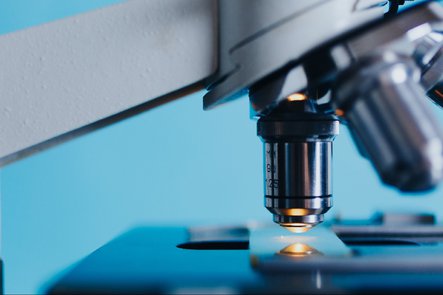Clinical Trial using CAR-T cell therapy for DIPG/DMG
Abbie's Army is pleased to announce that we have finalised the agreement of a brand new grant to enable the opening of a clinical trial using CAR-T cell therapy.
Currently in development at Great Ormond Street Hospital , we are 'co-funding this £1.48m trial for 12 patients with the Jon Moulton Charity Trust to ensure that some UK children will have the choice to access the very latest and innovative treatments available.
Principal Investigators are: Dr Karin Straathof, UCL Great Ormond Street Institute of Child Health, Dr Martin Pule - Lead of the UCL CAR-T Cell Programme, Dr Aquilina, neurosurgery clinical lead at Great Ormond Street Hospital, Dr Darren Hargrave, Paediatric Neuro oncologist, Great Ormond Street Hospital

Study Title “Multi- modular IL13RA2 CAR T cell therapy for Diffuse Midline Glioma" - £477,016.58
This clinical trial for 12 patients will be the first 'in-child' use of CAR-T cell therapy targeting IL13-RA2 for DIPG/DMG children in the UK.
We have been progressing treatment with the leading CAR-T cell program team in the UK for some time. The clinical trial will be the second opened utilising CAR-T technology for children with brain cancer, following the GD2 trial that commenced in September 2023.
The cell marker or 'antigen' IL13-RA2 (Interleukin 13 Receptor Subunit Alpha 2) is a protein coding gene on the outside of DIPG tumour cells that is absent on healthy cells; this allows the building of a CAR (chimeric antigen receptor) which tells the T-cells to recognise that marker on a cancer cell.
The study in DIPG is a 'second generation' or 'multi modular' CAR which has now been developed for clinical trial patients in the UK. It could have FOUR functions.
* Tracking to the DIPG tumour antigen marker IL13-RA2 - designated as "A2R72 CAR-T cells"
* Priming of the DIPG tumour micro-environment to make the treatment more effective . DIPG's surround themselves in an immunosuppressive environment, a genetic module will make T cells resistant to these conditions.
* Additional module for 'cytokine IL-15' production that maintains CAR longevity in the body
* A 'suicide switch' so that if necessary the effects of the CAR can be turned 'off'
We re indebted and grateful to our donors and incredible partner DIPG families that have contributed and allow us to contribute to this vital work.
The trial will form the basis for further development of the CAR-T program in the UK for all patients with DIPG/DMG in the future.
